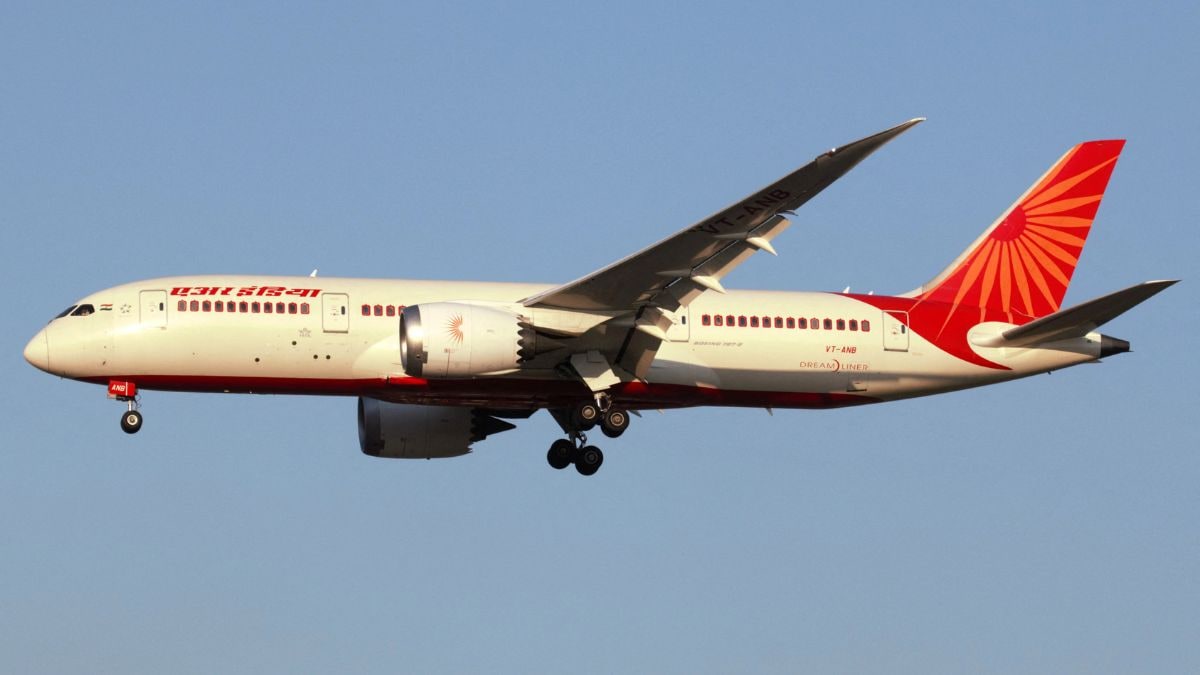

Following the tragic crash of Air India Flight AI171 in Ahmedabad on June 12, 2025, the Indian government has addressed concerns regarding the safety of Boeing 787 Dreamliner aircraft, clarifying that there are no immediate plans to ground the fleet. The government's response comes amid ongoing investigations into the crash, which involved a Boeing 787-8 Dreamliner.
The Air India flight AI171, bound for London, crashed shortly after takeoff from Ahmedabad, resulting in the death of 241 of the 242 people on board and several casualties on the ground. The incident prompted immediate investigations by India's Aircraft Accident Investigation Bureau (AAIB), with assistance from the United Kingdom's Air Accidents Investigation Branch and the United States National Transportation Safety Board (NTSB).
In the wake of the crash, the Directorate General of Civil Aviation (DGCA) ordered enhanced surveillance of all Boeing 787 planes in the Indian aircraft fleet. Civil Aviation Minister K Ram Mohan Naidu informed that eight of these planes had already been inspected with immediate urgency. The DGCA's surveillance, however, did not reveal any major safety concerns with Air India's Boeing 787 fleet. According to the DGCA, the aircraft and associated maintenance systems were found to be compliant with existing safety standards.
The AAIB's preliminary report indicated that the crash was caused by both engines losing thrust due to fuel starvation after their fuel control switches moved from the "RUN" to "CUTOFF" position. However, the report did not assign blame or offer definitive conclusions, stating that the cause of the switch movement remains under investigation. The NTSB has cautioned against premature and speculative media reports regarding the causes of the crash.
Despite the absence of immediate plans to ground the fleet, the DGCA has raised concerns with Air India regarding recent maintenance-related issues and has advised the carrier to strictly adhere to regulations, strengthen coordination across its businesses, and ensure the availability of adequate spares to mitigate passenger delays.
The Boeing 787 Dreamliner has generally maintained a strong safety record since its introduction in 2011. Before the Air India crash, there had been no fatal accidents involving the aircraft. As of June 2025, there were approximately 1,189 Boeing 787 Dreamliners in active airline service worldwide.
A public interest litigation (PIL) has been filed in the Supreme Court of India, urging the immediate suspension of all Boeing aircraft operated by Air India. The PIL cites safety concerns and refers to a recent experience aboard an Air India Boeing jet.
The government's decision to refrain from grounding the Boeing 787 Dreamliner fleet suggests confidence in the aircraft's overall safety and a commitment to await the findings of the ongoing investigation before taking further action.